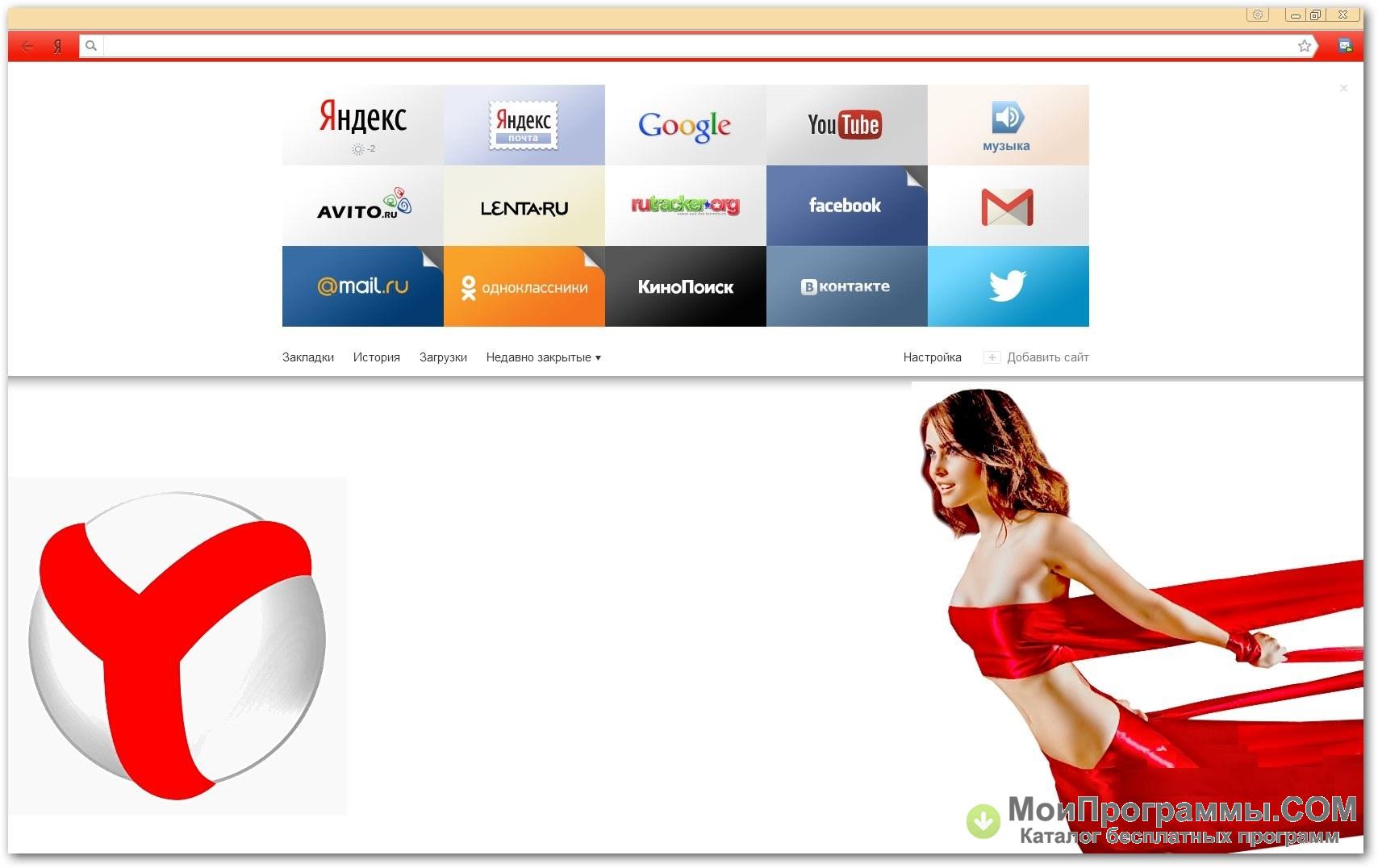There’s a shift underway in branch networking. Backhauling branch office traffic to HQ made sense when accessing data center application, but does this approach still make sense? Securing Building Management Systems Recorded: Nov 27 2018 64 mins. Del Rodillas, Director of Industrial and IoT Cybersecurity Product Marketing, Palo Alto.


A while back I was chatting with a few colleagues about the business of wine criticism. I suggested that certain critics seem to have preferences that come across in their assessments. I picked out one in particular and suggested, rather bravely, that I didn’t think their ratings of certain wines were very reliable, and that they were out of step with the new generation of sommeliers and writers. (It’s possible that I may have used stronger language than this.) “But that’s just your opinion,” replied a fellow writer. I was surprised.
A discussion followed. Her view, with which I strongly disagree, is that we all have our own opinions on a wine, and if individuals think a wine is great, then to them it is. This isn’t an unusual view. And it sounds wonderfully democratic.
According to this posture, everyone’s opinion is of equal value. If you think a wine is great, then, to you, it is. It’s common to hear wine personalities who, when speaking to consumers, feel obliged to echo this sentiment: Like what you like, and don’t let other people tell you your taste is wrong! To argue against this seems terribly elitist and snobby. At its core, wine criticism is a demonstration of expertise and aesthetic systems.
This is a realm where not all opinions are equally valid, and where it is possible to be wrong. Mac os x snow leopard 32 bit iso. Despite what wine experts say when they are trying to sound cool and egalitarian, it’s clear from their actions that they don’t actually believe that all opinions are of equal validity and that wine quality is simply personal.
They sell their books, articles, and tasting notes. They deliver professional opinions that they think are more than just autobiographical.
If all we wine critics do is tell people personal opinions that are only valid for us, why would we expect them to be of any real interest to others? And why would we expect people to pay for them? To behave this way wine experts must believe that, to a degree, their verdicts are normative. In other words, if as a wine critic I share my opinion, I believe that many people with a normally functioning sense of taste would share a similar view. This is in part a philosophical discussion about the subjectivity and objectivity of perception.
We all undeniably bring a lot of ourselves to every wine tasting. We have personal experiences and contexts that shape our perceptions. And we all have different biology. Some people are more sensitive to bitterness, others are unable to smell specific aromas. We all differ in our sensitivities to smells and strong-tasting foods. For these reasons, it’s tempting to conclude that we all live in private worlds when it comes to taste, each with our own preferences.
This would mean wine tasting is a wholly subjective experience. But can we rescue objectivity? For a universal decree of what constitutes good wine to exist, objectivity must come into play. First of all, when we taste wine, we are looking for something. We are looking to “get” the wine, to understand its true essence. Some days we seem to get it more than others.
We believe that the wine has properties, and by using the right glass, decanting if appropriate, and serving at the right temperature without any competing odors, we might be able to approximate what this wine wants to say to us. There is something objective about the wine that we, as subjective observers, try to determine. While individual preferences lead us in certain directions, as a community we aim to develop our palates and understand different flavors in broader context. We taste the wine and make inferences about it.
We might smell a bit of vanilla and spice, and deduce that wine has been. Or we might taste a tight young wine and assume that it is a bit closed, and will be more approachable in a few years. We use our expertise to discern factual properties about each wine. Furthermore, individual and possibly biological preferences change with time. How many seven-year-olds like to drink espresso? Do you remember the first time you tried beer or wine? I didn’t like them.
I found it easier to start with cider, then I progressed to beer, and by my 20s I was ready to begin exploring wine. Here’s another example: About 15 years ago, I’d have told you that I don’t like cheese. Then, on a trip to Portugal I decided that I really needed to try the Queijo de Serra, a distinguished, pungent sheep’s cheese with a gooey interior.